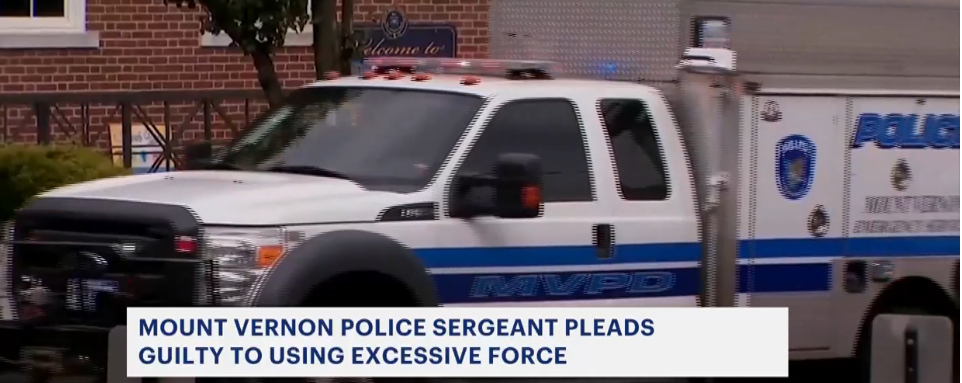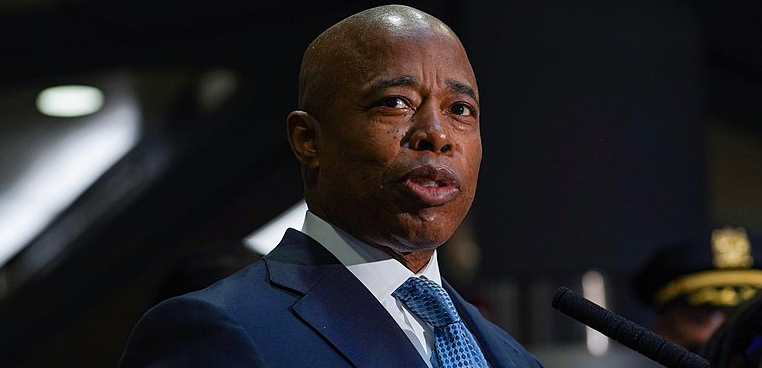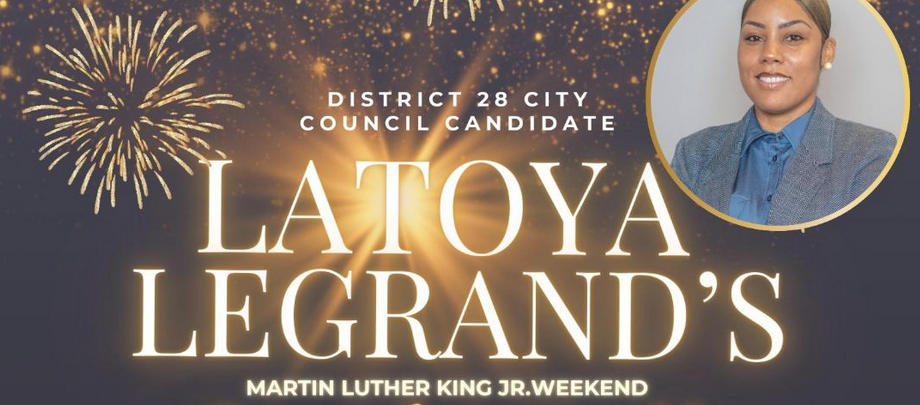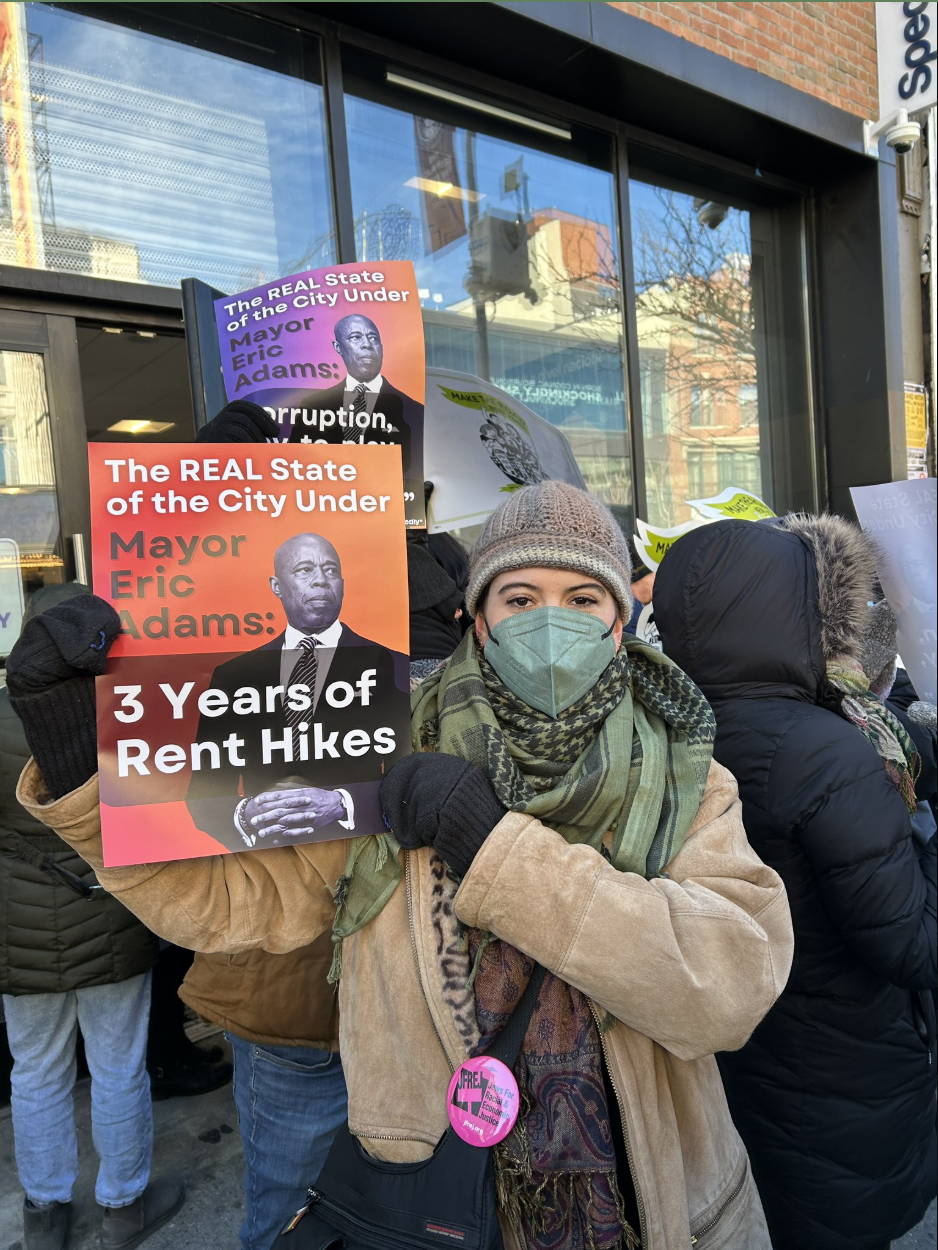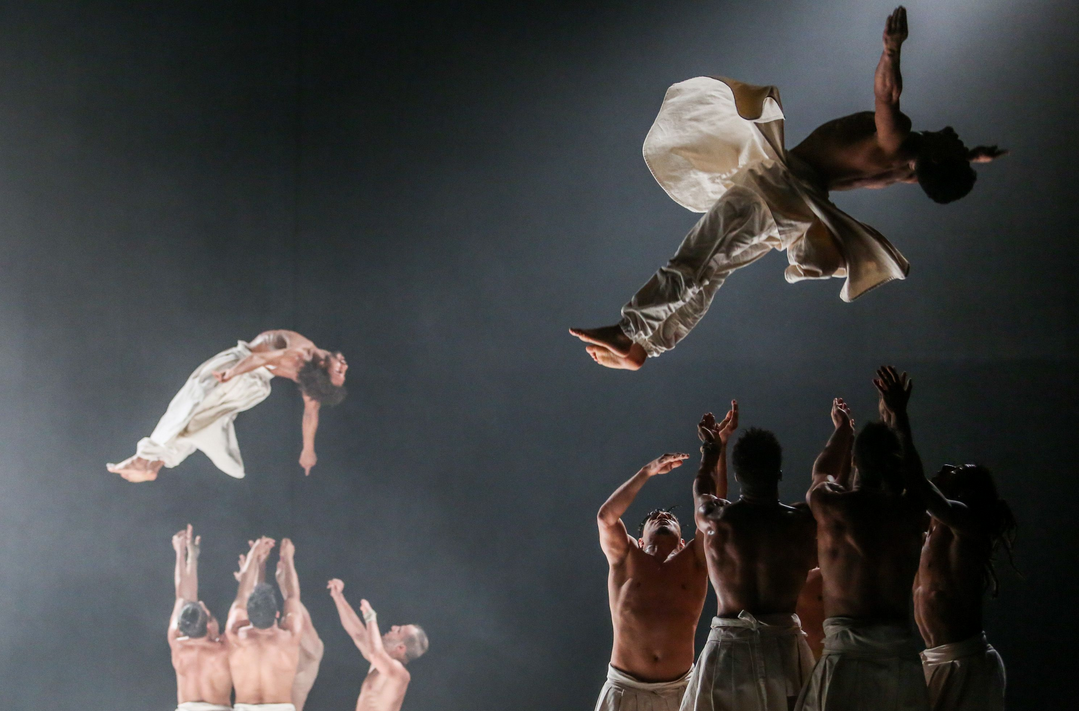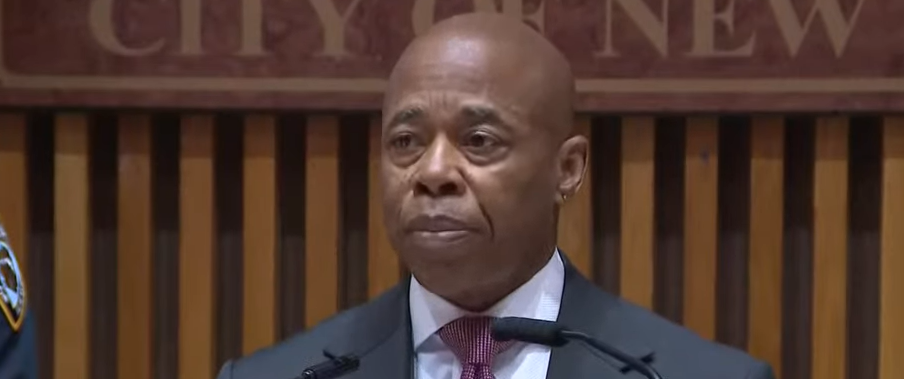[Op-Ed: New York Mayoral Race 2013]
Too many families are hurting, and nearly half of our fellow New Yorkers are living near or below the poverty line. That’s unacceptable.
We need to lift the wage floor for workers in this town, and lift more New Yorkers out of poverty and into the middle class. When wages rise, workers spend more in their neighborhoods, and local businesses do better and hire more people. An expanded living wage law — one with fewer carve-outs for businesses and industries — will put more money in the pockets of working and middle class New Yorkers, and empower more people to be more economically secure and support their families.
My plan would provide a living wage — which currently is set at $10.20 plus $1.55 of cash or benefits per hour — for workers on all projects receiving $1 million or more of city funds. This wage would continue to be indexed to inflation.
The only exemptions in my plan would be for not-for-profit organizations, affordable housing or small businesses with less than $3 million in gross revenues. This would expand the City’s bill to cover the thousands of jobs at the Hudson Yards site, in manufacturing projects, and in grocery stores across the City.
In addition, I propose granting New York City the authority to set its own minimum wage. Other states allow municipalities to set their own minimum wages, including California, Maryland, and New Mexico. In recent years, San Francisco, Santa Fe, and Baltimore, Maryland have set their own minimum wage laws. In the past week, the Washington, DC City Council passed a local living wage law raising wages for workers in large retail stores.
I support a higher minimum wage for every worker in the City of New York — from retail workers to fast food workers — to reflect our City’s high cost of living, and our workers’ high productivity. As mayor, I would propose and push for state legislation giving New York City the authority to increase its minimum wage, raising wages and standards for hundreds of thousands of workers.
Low-wage work in retail and casual food service (fast food) are some of the largest and fastest growing job categories in New York City. According to the New York State Department of Labor, since 1990, employment in retail in New York City has risen 24%, an increase of more than 63,000 jobs, and is projected to grow another 8.7% in the next decade. Employment in food service has increased 74% since 1990, and is projected to grow another 12.6% in the next decade.
According to the Center for an Urban Future, 1.1 million New Yorkers over the age of 18 work in “low-wage” jobs, defined by the Census Bureau as those earning less than $12.89 per hour, including in retail, fast food, health care, and security services. This accounts for 35% of all working New Yorkers over the age of 18, up from 31% in 2007. Half of all working adults in the Bronx and more than 40% in Brooklyn are in low-wage jobs.
This comprehensive vision would provide thousands of New Yorkers with a living wage on projects receiving city funds, and gives raises to tens of thousands of minimum wage and low-wage workers across the private sector.
It is also a vast improvement over the status quo, which includes multiple exemptions for many businesses and industries including manufacturing facilities, many large grocery stores, and projects in the Hudson Yards development, and leaves the fate of too many low wage workers in the City in the hands of Albany lawmakers.
Press accounts have reported that the current living wage law applies to only about 400-500 low wage workers.
Public Advocate Bill de Blasio is candidate for New York City mayor.
